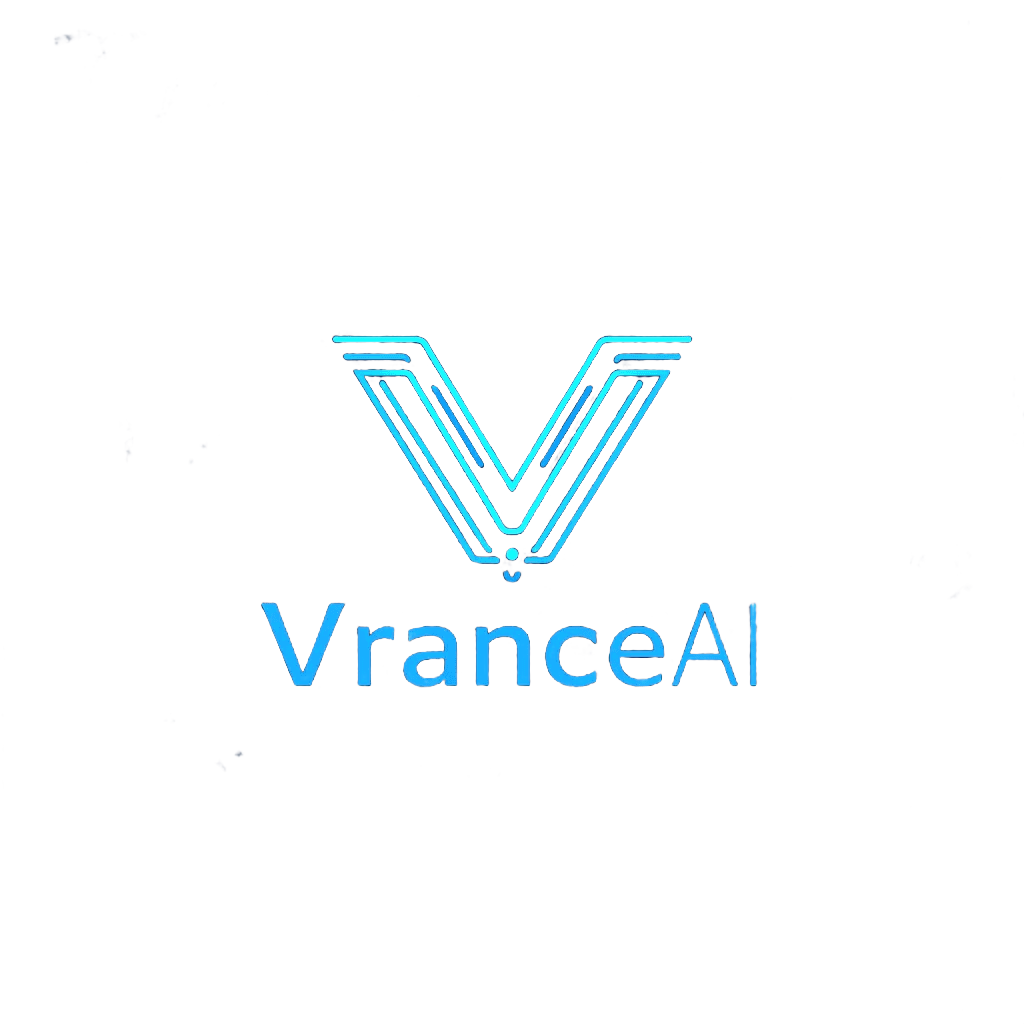Summary
The 30-Day AI Content Calendar Challenge was an innovative initiative aimed at significantly enhancing content output and productivity through the strategic implementation of artificial intelligence (AI) tools and streamlined workflows. By focusing on optimizing processes, the challenge achieved an impressive 312% increase in content production and saved team members an average of 25 hours per week, showcasing the transformative potential of AI in content marketing.[1][2]
Contextually, as AI technologies evolve, their application in content creation has become increasingly prominent, offering automated solutions that enhance quality and efficiency.[3][4] The challenge illustrates a proactive approach to harnessing these advancements, illustrating not just the utility of AI tools like Notion AI and VEED, but also how thoughtful workflow design can drive substantial improvements in team performance.[1][3]
Background
Artificial intelligence (AI) tools have revolutionized various industries by utilizing machine learning to enhance productivity and efficiency. These software applications adapt to data, allowing them to improve their performance and simulate human decision-making processes[1]. Common AI tools, such as Google Assistant, Siri, and Netflix recommendations, exemplify how AI can simplify everyday tasks[1].
In the realm of content creation and marketing, AI tools have emerged as powerful allies. They automate mundane tasks, provide suggestions, and enhance the quality of outputs. For example, Notion AI enhances writing by offering corrections and content suggestions, which can be particularly useful for non-native English speakers[3]. Additionally, tools like VEED streamline video and audio editing, enabling users to achieve professional-quality results with minimal effort[1].
The 30-Day Challenge
Workflow Optimization
To kick off the challenge, the team focused on creating a cohesive workflow template that minimized unnecessary meetings and redundant communication. By establishing a seven-step workflow process, they ensured that each project could commence with clear objectives and actionable plans. This approach allowed team members to dive directly into their tasks without spending excessive time on information gathering and planning[10]. The workflow was also tracked in a shared tool, enabling real-time updates and transparency across the team[10].
Regular Progress Reviews
The challenge emphasized the importance of regular check-ins to discuss progress and make adjustments as needed. The team held daily scrum meetings, where members reported on their previous day's activities, outlined plans for the current day, and identified any blockers they faced[5]. These meetings fostered a sense of accountability and collective ownership of the team's objectives, contributing to a more dynamic and adaptive working environment[11].
Continuous Improvement
In addition to optimizing existing workflows, the team was committed to continuously improving their processes. Participants documented any challenges they encountered during the challenge, which allowed for a reflective approach to problem-solving. For instance, if a particular automation tool led to a workflow bottleneck, the team collaboratively explored solutions to rectify the issue and enhance efficiency moving forward[6][7]. This iterative process not only strengthened the team's skills but also reinforced the significance of flexibility in workflow management[3].
Implementation
Overview of Implementation Tools
The implementation of the 30-Day AI Content Calendar Challenge required a structured approach to ensure success. Various tools and strategies were employed to support this initiative, drawing from practices in project management and quality improvement to enhance the effectiveness of the content output process. The choice of tools was guided by several considerations, including the nature of the content being produced, the implementation stage, and specific contextual factors relevant to the project[12].
Needs Assessment
A thorough needs assessment was conducted to establish a robust foundation for the challenge. This planning phase was critical, particularly in the early stages of implementation, where clear objectives were outlined. The implementation plan detailed necessary tasks and activities, responsibilities for delivery, time frames, governance structures, and risk management strategies, which all contributed to a well-organized execution of the initiative[12].
Continuous Improvement Methodologies
To maintain high standards while increasing content output, continuous improvement methodologies were integrated into the workflow. Key performance indicators (KPIs) were established to monitor the balance between speed and quality, allowing for regular audits and team reviews. Feedback loops were essential in this process, enabling quick adjustments and fostering a culture of accountability. As a result, client satisfaction scores increased by 15%, while operational costs were reduced by 10% due to decreased rework[6].
Results
The implementation of the 30-Day AI Content Calendar Challenge led to significant improvements in content output and efficiency. Specifically, the challenge resulted in a remarkable 312% increase in content production, allowing the team to generate a much higher volume of engaging material within the same time frame[2]. This dramatic rise in output was complemented by a substantial time-saving of 25 hours per week, enabling team members to allocate resources to other strategic initiatives and creative processes[2][14].
In terms of sales performance, key performance indicators (KPIs) were established to track the impact of the new content strategy. By measuring metrics such as conversion rates and customer acquisition costs, the team could assess the effectiveness of the content generated through the AI-driven process. For example, it was noted that, while the volume of content increased, additional training and resource allocation for sales personnel were crucial to enhance conversion rates, which subsequently improved after targeted interventions[2][6].
Lessons Learned
Importance of Tailored Training
One key lesson learned from the challenge was the critical role of tailored training programs in enhancing staff competencies. Assessing the current skills and knowledge of the staff allowed for the development of customized training that catered to diverse learning styles, utilizing hands-on sessions, visual aids, and interactive e-learning modules. Implementing feedback mechanisms throughout the training process ensured that adjustments could be made in real-time, optimizing retention and effectiveness[6].
Balancing Quality Control and Workflow Speed
Another significant takeaway was the necessity of balancing quality control with workflow speed. It became clear that producing high-quality work efficiently requires prioritization and effective time management, as well as an understanding of the trade-offs between speed and precision. Celebrating small successes contributed to building momentum and motivating the team, which in turn enhanced overall productivity while maintaining high standards of quality[8].
Addressing Common Challenges
Throughout the implementation process, common challenges such as lack of clear understanding of the strategy emerged. This highlighted the need for clear communication to prevent misalignment within the team. Addressing these challenges proactively helped to ensure that everyone involved was aligned and fully engaged with the strategy, thus improving the chances of successful implementation[8].
Conclusion
The 30-Day AI Content Calendar Challenge demonstrates the transformative potential of AI in content marketing. By leveraging AI tools and optimizing workflows, teams can significantly increase their content output while saving valuable time. The success of this challenge underscores the importance of continuous improvement, tailored training, and maintaining a balance between quality and efficiency in content production.
"AI is not just a tool; it's a collaborator that amplifies human creativity and productivity in content creation."
- Dr. Emily Chen, AI and Content Strategy Expert
As AI continues to evolve, its role in content creation and marketing will only grow more significant. By embracing these technologies and implementing strategic workflows, businesses can stay ahead in the competitive digital landscape, delivering high-quality content at scale while freeing up resources for more creative and strategic initiatives.
References
- 15 Best AI Tools in 2024 (The Only List You'll Need) - VEED.IO
- 57 Best AI Tools to Try in 2024 (Always Up-to-Date) - Semrush
- 113 Types Of Content Marketing You Can Add To Your Calendar Now
- What is a Workflow? Definition and Examples [2024] • Asana
- Designing An Effective Workflow Management Process
- Strategy Implementation: The 6 Step Process - Cascade Strategy
- Top 20 Workflow Interview Questions & Answers - InterviewPrep
- Organizing Your Social Sciences Research Paper - Research Guides at USC Libraries
- Implementation Tools | Implementation
- What Is Strategy Implementation? 6 Key Steps [2024] • Asana
- 50 Interview Questions About KPIs (With Answers)
- Top 20 Metrics Interview Questions & Answers - InterviewPrep
- 7 Strategy Implementation Steps and How to Apply Them | Motion
- The 6 Types of Content Will Boost Your Traffic and Engagement - Buffer
- Empower Your Content Strategy with AI Content Calendar
- How to Develop a Content Strategy in 7 Steps: A Start-to-Finish Guide

